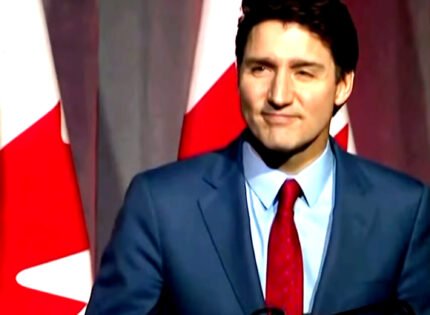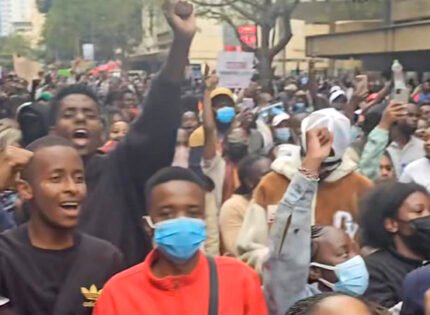
The East African nation of Kenya has launched Africa’s largest wind farm, a move that should bring the nation closer to its goal of 100% green energy by 2020
The project is located in the northern part of Kenya near Lake Turkana, an area known for strong winds. The wind farm includes 365 turbines with a capacity of 850 kW each and is projected to produce about 310 megawatts, which is roughly enough energy to power 330,000 homes.
Lake Turkana Wind Power includes 365 turbines in northern Kenya near Lake Turkana, a remote area with strong winds. It’s estimated to produce about 310 megawatts — or enough electricity to power about 330,000 local homes — contributing approximately 15 % of the nation’s total power supply.
The Lake Turkana Wind Power is expected to significantly lower the costs of electricity for the nation. The wind farm plans to sell electricity to the nation’s monopoly utility company, Kenya Power & Lighting Company Ltd that will in turn lower costs for the population.
Lake Turkana Wind Power cost about $700 million to develop, and was paid for by an international consortium of lenders and producers, including the Danish Climate Investment Fund, which was established to invest in renewable energy projects in developing nations.
This project is a testament of Kenya’s commitment to pursue clean sources of energy and is a major boost to the country’s interanational commitments to lower greenhouse gas emissions.
Africa Winces at the election of Britain’s New Prime Minister
In recently concluded British elections, former London mayor, Boris Johnson becomes the British Prime Minister.
In Africa the news left many raising their brows. Johnson has a long history of making patronizing, degrading and straight up racist comments with reference to the African continent.
In a 2002 column for the Spectator magazine, he argued that the end of colonialism, no colonialism itself, was at fault for developmental problems across the continent. His entire argument seemed to be based on a single trip he took to Uganda, a country he described as one where too many people squat on their haunches, slowly waving their hands to move the flies from their faces” and where “too many people are rootling aimlessly for rubbish, competing with the marabou storks.”
“The problem is not that we were once in charge, but that we are not in charge any more,” he wrote. “The best fate for Africa would be if the old colonial powers, or their citizens, scrambled once again in her direction; on the understanding that this time they will not be asked to feel guilty.”
The problem is having a “British Trump equivalent” as some have said is that in the face of with BREXIT, Britain would be looking to create new allies and Africa is high on their sights. However, with a prime minister who thinks Africa is a country it will be difficult for the Continent to be receptive to any potential partnerships.
Conversely, the appointment of Boris Johnson could be the wake-up call needed. The sooner African nations realize that they ought to focus on themselves and saviors exist amongst themselves as opposed to looking to the west or east, the faster they would catalyze processes on intra trade, single currency and progressive economic goals.














